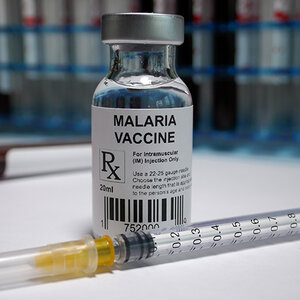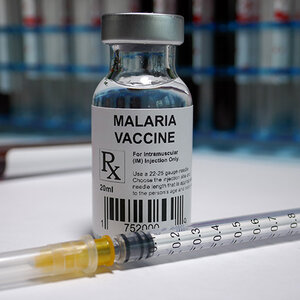Gates Foundation Criticized as Too Influential in Malaria Research
The head of the World Health Organization's global malaria program has complained that the growing dominance of the Bill & Melinda Gates Foundation in the field of malaria research could stifle a diversity of views among scientists and curtail the world health agency's policymaking function, the New York Times reports.
In a memo to WHO director general Margaret Chan, Dr. Arata Kochi said that while the Gates Foundation's support is crucial to the fight against malaria, it could have "far reaching, largely unintended consequences." Calling the foundation's decision-making "a closed internal process, and as far as can be seen accountable to none other than itself," Kochi argued that the foundation's determination to have its favored research used to guide WHO's recommendations "could have implicitly dangerous consequences on the policymaking process in world health."
In response, Dr. Tadataka Yamada, director of the Seattle-based foundation's global health program, said the foundation did not second guess or "hold captive" scientists or research partnerships that it backed, adding, "We encourage a lot of external review."
Since 2000, the Gates Foundation has made grants totaling roughly $1.2 billion for malaria research — a huge increase for the field, which as recently as the late 1990s received as little as $84 million a year, largely from the U.S. military, health institutes, European governments, and foundations.
Christine McNab, a spokeswoman for Chan, said the director general had seen the memo, which was circulated in late 2007, but did not respond to it. "It is the view of one department," she said. "Not the WHO's view."








